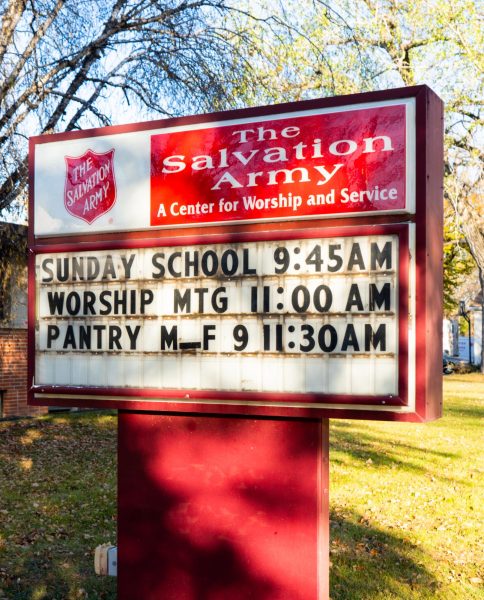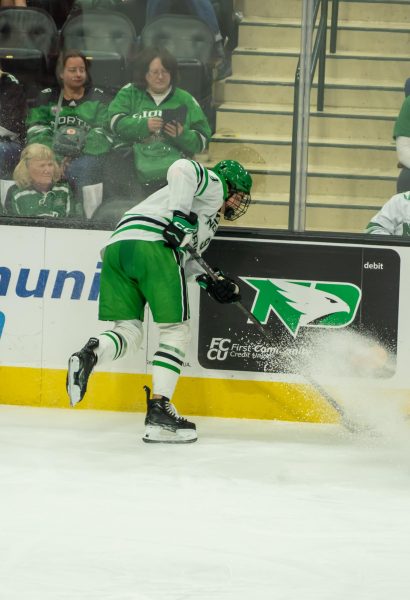Language reflects student culture
Slang changes, but its value remains constant.
Image via Blogspot.com.
Watching one of the most perfect movies ever filmed made me think about something — something that you wouldn’t expect to think about after watching “Pulp Fiction.” Slang. The various characters’ frequent use of slang words prompted me to take a look at slang in college culture and how important it is in everyday life.
It turns out that slang is an integral part of everyday life for students and just about all of us -— myself included — take it for granted.
How much do you know about slang? Probably less than you think there is to know. Slang has been around since language was invented and is not going away anytime soon.
Popular slang changes every few years, and with it comes new words and meanings that refresh popular culture. This reset is what gives a decade or a generation a unique language. The 20s had “ciggy,” for cigarette, and “scram” to mean “leave immediately” — while the 50s Beatniks had words such a “cool cat,” for jazz players, and “daddyo’,” for addressing someone the hip way.
Today, slang is an important aspect of campus culture, and without it, everyday life would be much more monotonous.
Imagine talking like you were in one of Shakespeare’s plays. Not much fun is it? You use slang many times a day, sometimes without even realizing it.
Think about what slang words you use frequently and which are your favorites. Depending on your age and where you’re from, slang can vary drastically. Your older brothers and sisters may even use slang words that you dislike and would never use yourself.
And then there’s your parents. They often criticize the words you may like the most, and yet the words they think are “cool” are almost surely lame.
So what makes slang change every ten years or so? With each generation, a new set of popular words are invented, with a few being recycled from years past. Anyone who knows me knows one of my favorite slang terms is “word,” which has been popular since the early 2000s.
Slang has become so popular in the information age that there is a website devoted to every slang term that’s ever been created. You may recognize urbandictionary.com as the place you’ve been to at least once to browse the thousands of more-than-creative words that have been added to the list since 1999.
Slang terms even vary from different parts of the country. The most notable would be what people use for a sugary carbonated beverage. On the East Coast, it’s called soda. Down south, it’s called coke. And around here, it’s called pop, a difference I was never aware of when I showed up on campus.
A less popular slang word from my home state is “yo.” This often gets a bad rap for being especially annoying with adults and anyone who didn’t grow up using it.
In any case, slang often has a bad reputation for breaking apart language and not being sophisticated enough. On the contrary, slang has it’s own important role in the way we communicate in our daily lives. Slang is vital to youth culture and the way we live — especially our generation. Try texting you friends without using any slang words for a day. I’m sure it would be more than irritating. They might also think you suddenly forgot how to speak English.
Slang gives us identity and helps give us our own unique way of communicating. Since slang isn’t going anywhere soon, we should appreciate it and not vilify it. It’s necessary in today’s world and should be embraced, not looked down upon. You dig?
Dusk Crescenzo is a staff writer for The Dakota Student. He can be reached at [email protected].










